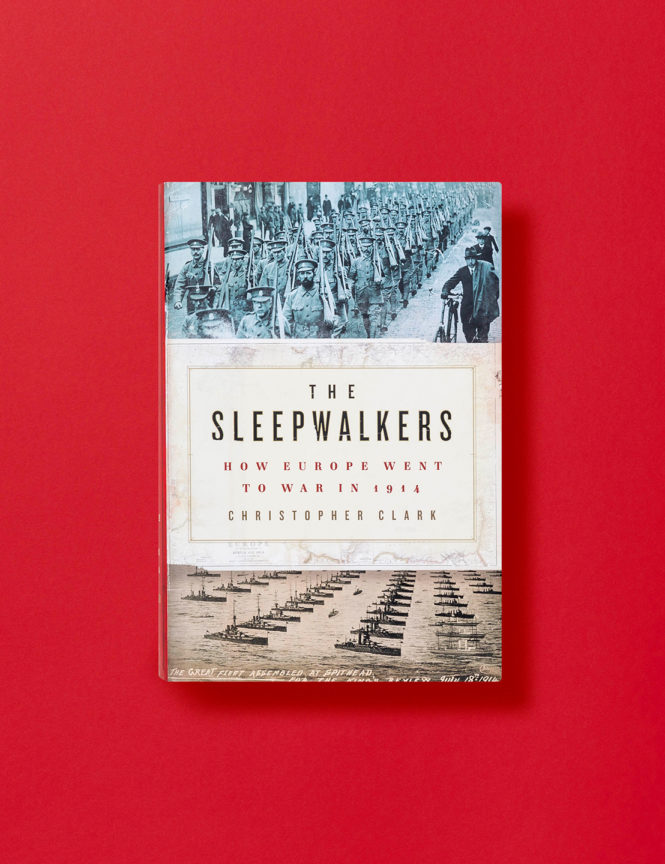

It was, of course, a red-letter day in the Serbian national calendar – I will come back to that in a moment – but it was also a red-letter day in their own private history because it was the anniversary of their wedding, and that is one reason why she was beside him in the car on that morning. The other reason was that the 28th of June was a red-letter day. That was one reason why she insisted on sitting beside her husband on that day. This was a rare opportunity for the couple, and they were a very tender and close couple by the standards of dynastic familial culture of that era. That, of course, is one reason why, on the 28th of June in Sarajevo, she insisted on being beside him in the car.

He is Archduke Franz Ferdinand, the heir apparent to the Austro-Hungarian throne she is Sophie Chotek, the descendent of a very distinguished Bohemian lineage, not distinguished enough to rate in the eyes of the Habsburg family as of appropriate standing to be a member of Habsburg royalty, for which reason she was never allowed in Vienna, for example, to sit beside her husband in the royal carriage with its beautiful gilded wheels. That photo was taken a couple of days before, and as you will see, they were wearing different clothes on the day in Sarajevo, but that is certainly them. I wanted to start with this picture here of a couple who are about to have what I think can only fairly be described as a very bad day. I wanted to begin by taking us back to the 28th of June 1914, which I think is the right place to begin, we should begin at the very beginning, the very best place to start, in the words of the famous song, especially since this is the first lecture in a long series on 1914, and of course it does all in a sense start - not everything, not all the back stories of 1914 start on the 28th of June, but certainly the sort of short history of the causes immediates, the immediate causes, “les causes prochaines”, as Pierre Renouvin called the, they do begin on the 28th of June, and there is a dramatic drama and identity to the events of that day, which I think repays revisiting them.

It is indeed a matter of great pride to be succeeding Sir Richard as Regius Professor, though I want to reinforce his comment about the duties of the professorship – that are rather moderate and that is one of the key attractions of that post. Ladies and gentlemen, I would like to begin by thanking Sir Richard Evans and Valerie Shrimplin for inviting me to present this lecture this evening, and I would like also to thank all of you for coming along, and I would like to thank, and also apologise to, the people who are standing outside, and one hopes perhaps watching this from home in the form of a podcast for the fact that they could not get in.


 0 kommentar(er)
0 kommentar(er)
